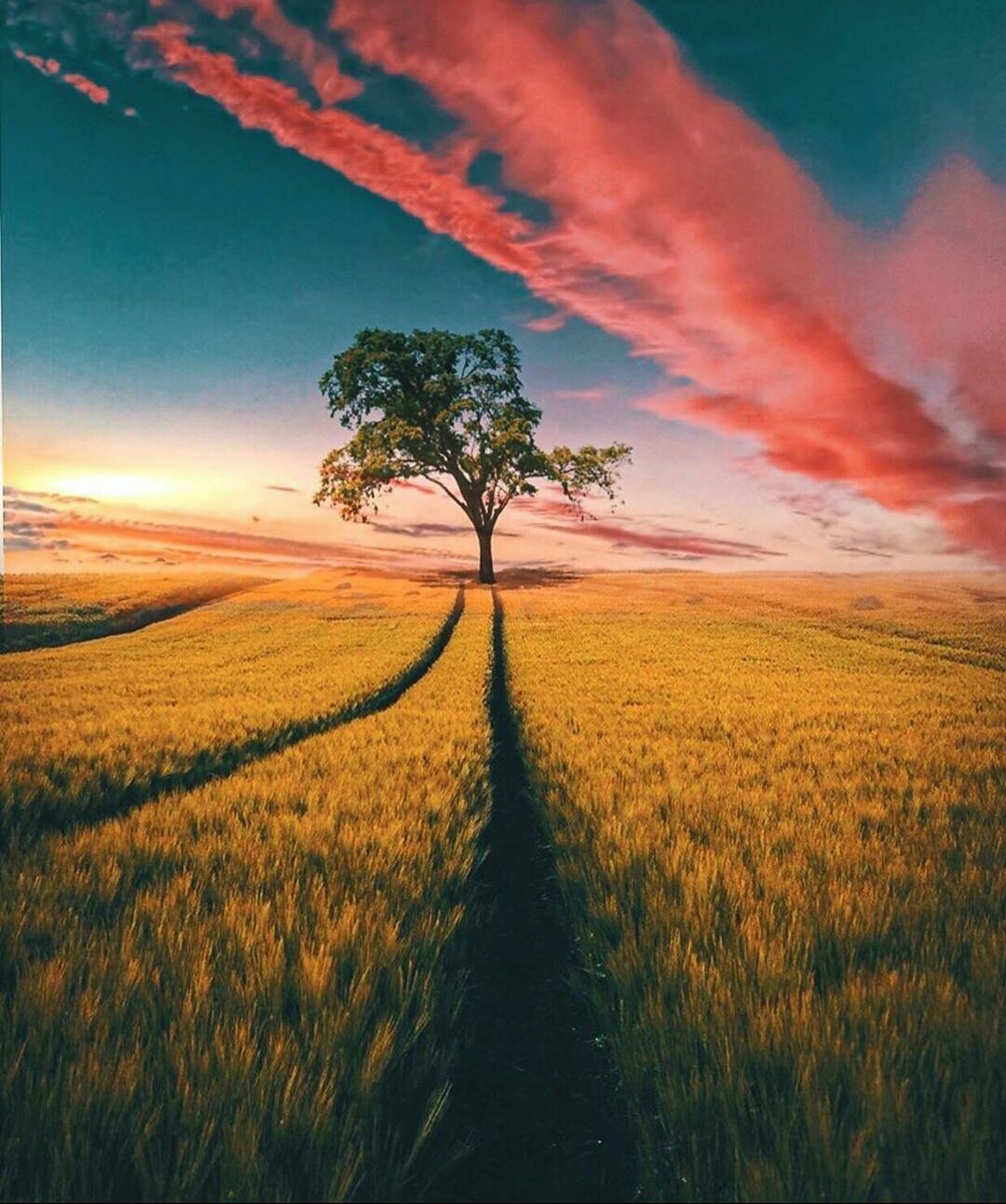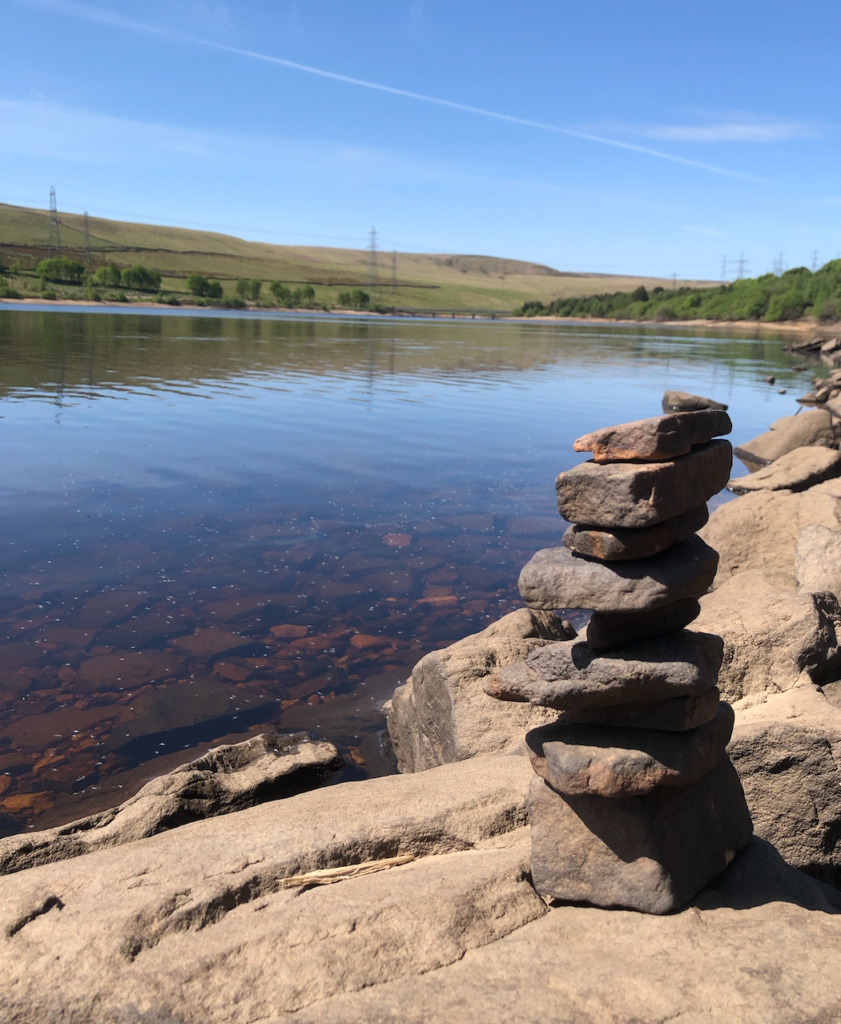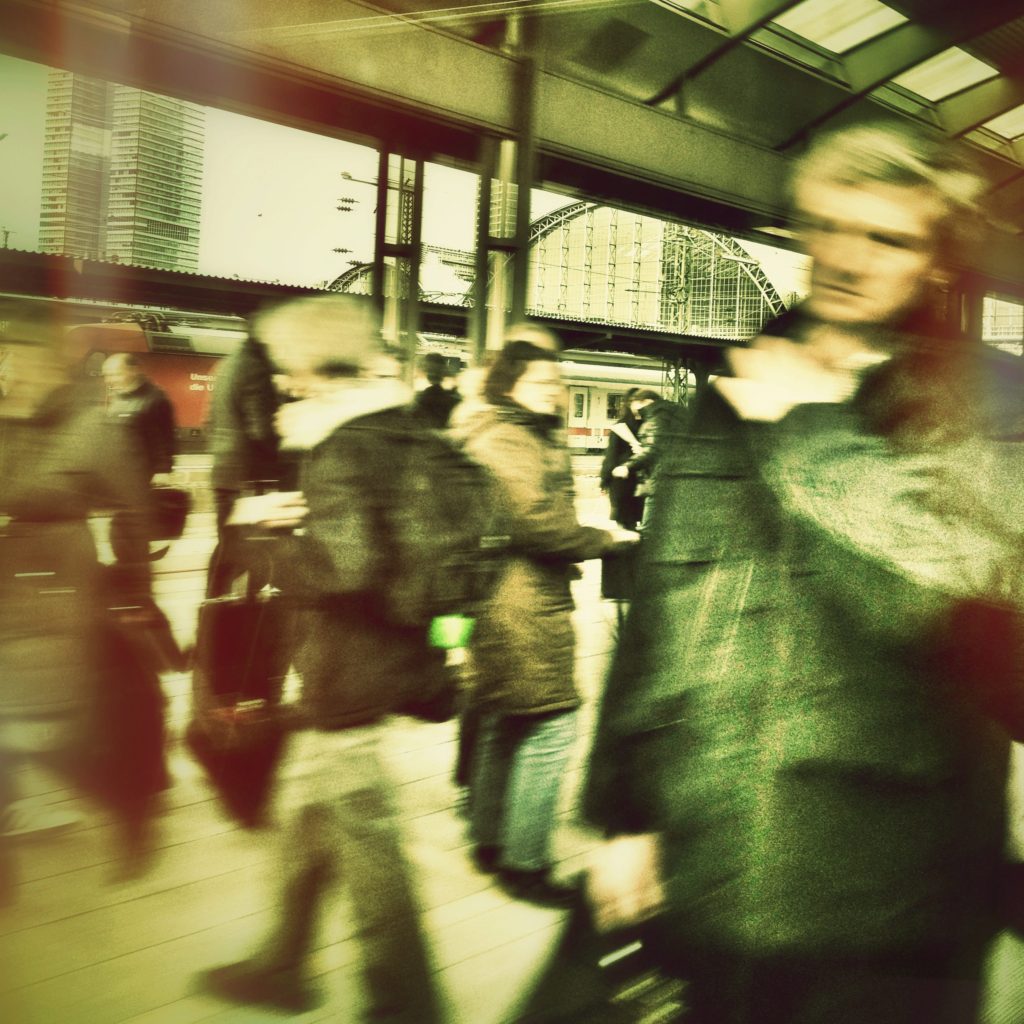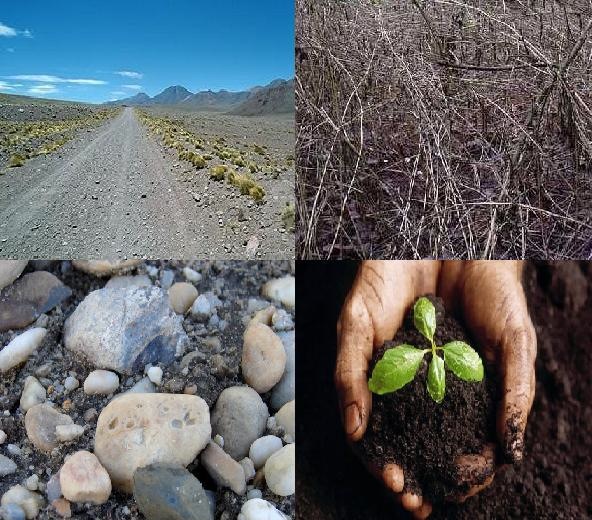
There’s a story about some paths: some with good soil, some not. Monty Don, Charlie Dimmock and the Rich Brothers would have thoroughly enjoyed themselves. We’d like to say which path we are on – but sometimes we are not on the path we would have chosen.
Where to start? Do we look at the good soil, having a feeling that this is the best? I think we should start with the bit we might have missed. It’s right at the start of Matthew 13 and the Parable of the Sower.
“I have always found that the answer is always Jesus, …or a Donkey.”
Sunday School Answers
Where are we?
He’s just had a hard time speaking to crowds of people and said that “Who is my mother and who are my brothers?” – and the end of Matthew 12. The response, especially from this close to him must have been interesting to say the least. We can often jump from one chapter to the next without thinking that some time may have elapsed between the incidents. In fact, it could have been days or weeks or a metaphorical incident.
We’ve popped down one morning to Hollingsworth – yes I know Lancashire – and looked at the glassy surface reflecting back the surrounding hills.
Here we read that on that day Jesus sat beside the lake. We have had that opportunity to just sit, watch the waves lap the shore line down at Baitings Reservoir.

There, no one joined us – Jesus just can’t get away from the crowds.
When peace is needed
In the Greek it speaks of ‘many crowds‘, where we get the term polloi or hoi polloi from. I wonder whether they were socially distanced, calm or eager to get closer, demanding possibly that Jesus do something for them, right there.
Jesus gets into a boat and sits down. From this moment of peace he can see the noisy crowds – quite a difference. Peace so he can reflect upon the situation, of the noise from their perspective.
What can we see?
From this vantage point he can see these people, not in judgement, but to really look into their faces, examine why they may be here. Have we ever looked at passers by, possibly in a train station, asking yourself what burdens these people may be carrying? They find their way through the crowds, but often have to stop – it’s not the path they would have chosen or preferred. In a rush, not a chance to stop and lay down that ‘baggage’ – physical and/or mental.

He speaks to them about someone sowing seeds. What kind of seeds? What are you thinking?
Today the farmers have soil analysis to know of the yield of the expected crop, they would use GPS tracking in their tractors to ensure that, of course obstacles are avoided, but also to ensure that the seed density is maximised where it is needed. Here, the sower casts the seeds liberally it would seem, not really caring where they go. Surely they’d be more careful. They’d ensure that the seeds go only onto the good soil.
[bg_collapse view=”button-green” color=”#4a4949″ expand_text=”Show More” collapse_text=”Show Less” ]
What do these paths signify?
The seeds fall onto the road. It may well be a road or a well heeled path. The ground compacted, sealed in some way, not allowing the rain to permeate deep into the ground. Many of us walk this path. It is the well trodden path of expectation. But often we feel pain and it is hard work. The phrase ‘the evil one’ in the text, is actually when translated means painful or toilsome – no, not the Devil. This path is one where the kingdom should exist. We often strive to find that kindness, that radical gesture to which can help others, but societal issues block us, prevent us. It may not be an individual problem but one that is resolved by society shifting, moving as it may now be doing in small ways. Our hearts need to change, be transformed. Think of slavery in the past – expectation was changed for the better. But the change needed is continual. It’s perhaps the new normal? Perhaps Change is constant?

Now it’s rocks!
Some of the seeds fall onto rocky ground. Here the seeds immediately sprout and then fall away. They find that the ground is good but with little resilience. Now again please don’t start to identify yourself here. This isn’t about us. Where it speaks of root, there is the word joy. I know mind blowing to think that all this time we keep thinking of growing stuff when it is about growing us closer to Jesus.
Here people who walk this particular path need someone who will walk alongside them. This isn’t the path they would have chosen, but now they could have people listening (Matthew 13:20) to them, hearing their story as they journey, and have the time to find favour, deeper more sustainable growth. We have spoken in recent weeks of traditional and online churches and also of those people whom don’t attend a service but are still very much of faith.
Possibly we have seen and come to understand that God has made us wonderfully different. Some prefer the traditional format whereas others like the ‘freedom’ of the online services. Each to their own I suppose, and perhaps there are people who appreciate both forms. Then again, due to a myriad of circumstances we have people who haven’t attended church for some time, or don’t really engage with the formal ambience of chapel or the structure of the service but still have a lively valid real faith.
How do we support these folk? They are loved and welcome, but do they fall onto rocky ground?
Ah my sort of garden…thorns!
Some of the seeds fall amongst thorny ground. I recognise this type of ground, plagued by thorns and weeds in past gardens.
We know of one person who was contacted by a neighbour recently and it was asked whether they had any weedkiller. No they replied, ah well perhaps you can use some of our’s to get rid of your weeds on your drive…
A helpful hint… perhaps. Or perhaps it speaks volumes of what burdens they may be facing. It may well be that’s not the path they would have chosen to walk along.
As Jesus looked into the crowd that day, what might he have discerned? We may see anxiety caused by individual injustices, or the improper use of privilege from riches of this age. Again we are back to society permitting such travesties. The Church has not been reticent in coming forward to stopping such injustice. The Joint Public Issues Team, a group from the Baptist, Methodist, United Reformed Church…and the Church of Scotland, are forthright in providing us with appropriate information on systematic issues which affect our society. It may not be affecting us, but it does affect many in our community.
Will the thorns, the weeds of our own life, deny us that opportunity to see, to help others?
I’ll return to weeds later.
The text then speaks of the crop being unfruitful – so it’s fruit??! If you were expecting a crop of golden delicious apples or even exotic pomegranates then ….just checking…no it’s grain. The reference to fruit comes from the thin stalk above the stamen in the flowering bud.
Are we accountable by our yield?
Lastly, the bit we were all waiting for, the good soil. Often we might be able to identify with this. It speaks of the crop being 100-fold, 60-fold or 30-fold: although in Luke’s account of this story, he does not. What’s really odd is that it does not say that this is a league table, where we are to strive to be our best. Our yield is what we can seek to provide for others. It is not age dependent, or how mobile we are, we do what we can.
[/bg_collapse]So what does that all mean to me?
All the paths have names, names of people who walk along them. People who are carrying great loads or burdens. We ourselves may have or are walking along such paths. These paths may carry influence, or be busy, or rutted or even free-spirited.
The well trodden road may be one where we can allow time for others, so we can stop and listen. We may ourselves find that the path is ploughed into something new, and us also transformed. We may also be allow others to change us.
The path with rocks, may be one where we do not know the names of those who we meet. They come and go, faceless, not able to identity or resonate with them. Can we give people that privilege to get alongside them. I think here of Myra, Meg and Rita from the Chaplains, intentionally going into areas not where they’d normally tread, and staying a while to listen.
The path with thorns may be one where we find ourselves overwhelmed with anxiety – I have been there. But in resting with Jesus, rooted in Jesus there we can find joy.
Note that the sower sowed liberally – for all are worthy, all are valued and wonderfully made by God. The sower was God. We are called to listen, care, support and love the person in front of us.
Our role is to not seek out those weeds, as we see them, but love them.
Paths we would not have chosen
Sometimes we may find ourselves on paths that we would not have chosen. At such times, look up, take steps forwards, fulfil our calling to love one another.
Yes the weeds will encroach at times, show them love. It is up to them whether they accept that offer, God does the rest.
We may not see an instant change, just as those in the crowds were seeking, but we walk alongside Jesus. Our path seemingly fleetingly came to Todmorden, but now Glasgow beckons.
Whatever path we find ourselves upon let us give ourselves and others time, so that we may listen to God, to them, to journey with them, so we may pray for them and even with them – so they too may find joy.
One thought on “What paths did you expect not to be on?”
Comments are closed.